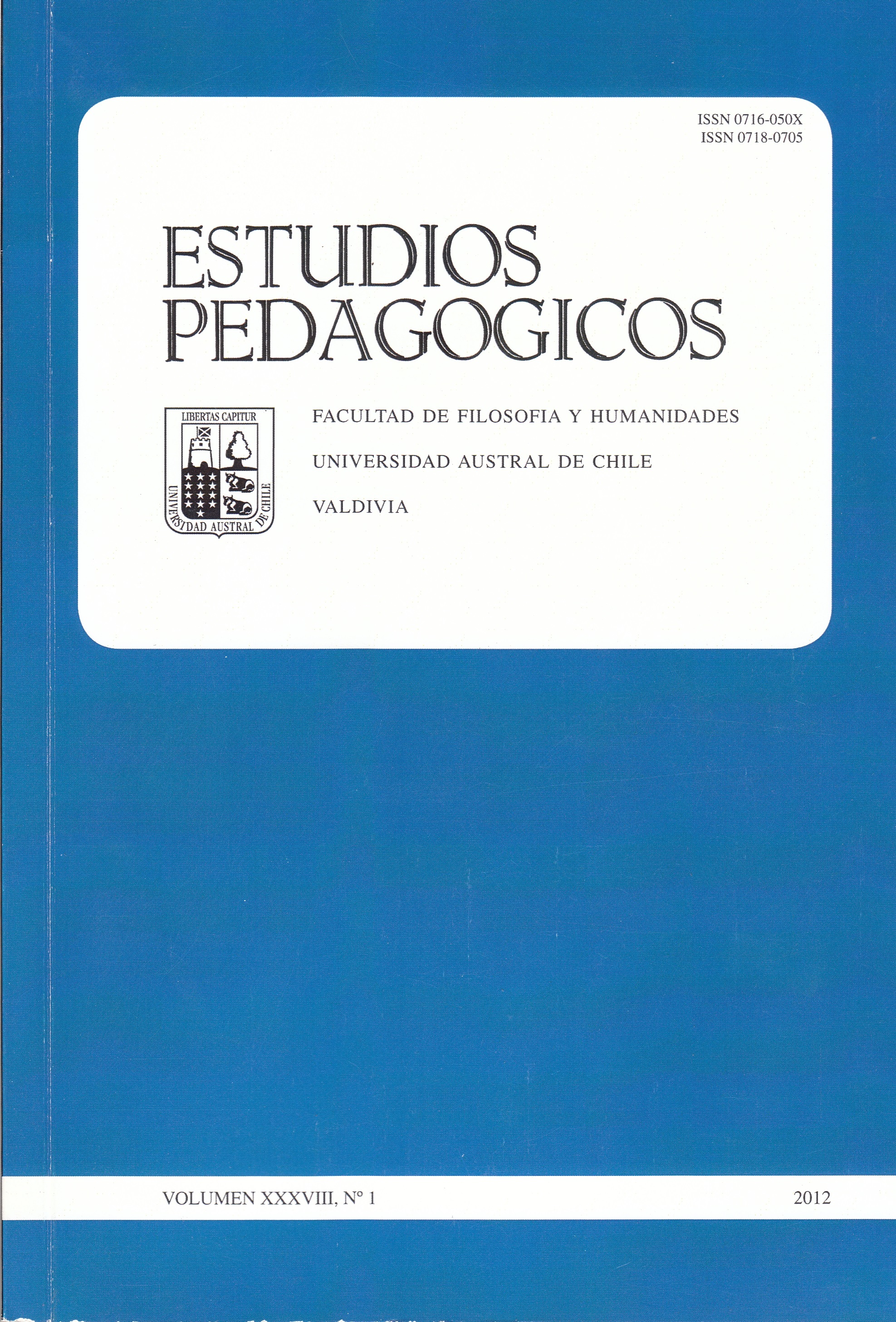Didactic proposal for children with attention deficit: stimulation of verbal analogical reasoning for developing late orality
Main Article Content
Abstract
Attention deficit disorder is a complex neuropsychiatric manifestation which is cognitively characterized by evolutionarily inappropriate levels of attention, hyperactivity and impulsiveness (Barkley, 2003), and linguistically characterized by the presence of alterations on the phonological, semantic, syntactic, discursive and pragmatic capacities, specially, in the oral comprehension of figurative meaning (Miranda-Casa, Ygual-Fernández y Rosel-Remírez, 2004; Baixauli-Fortea, Roselló y Miranda-Casas, 2004; García y Manghi, 2006). This inferior linguistic development is not only present in the communicational abilities but also in reading comprehension, written production and the learning of curricular contents. Therefore, this work presents a didactic proposal to develop the capacity to deduce meaning in oral language. The proposal has been applied to 25 students between 8 and 9 years old with attention deficit disorder. The results in this group demonstrate the effectiveness of the proposal.

